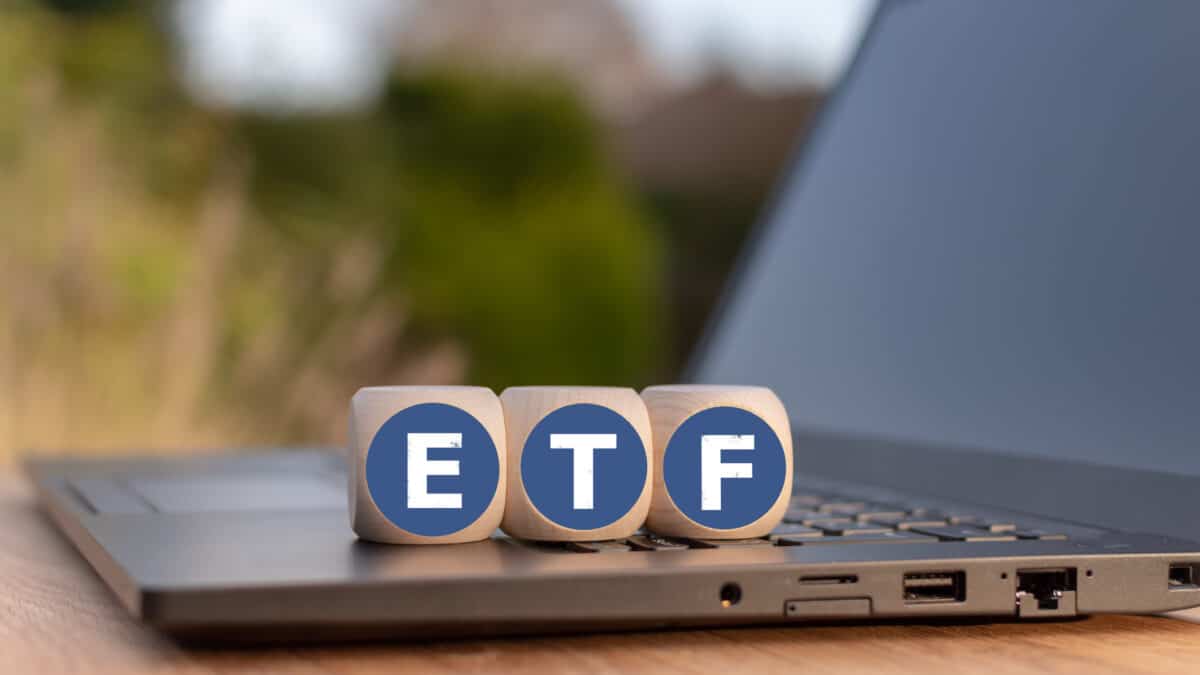There are a number of excellent ASX-listed exchange-traded funds (ETFs) from which to choose. So how do we pick what to invest in?
Many share brokers require a minimum (first) investment of $500, which is likely to be what's needed for a starting position.
When Aussies start investing, they may put that beginning investment into an individual ASX share like Telstra Group Ltd (ASX: TLS) or Woolworths Group Ltd (ASX: WOW). That wouldn't be a bad choice, but it would mean all of someone's portfolio is allocated to just one business.
It would take multiple investments in individual ASX shares to start being diversified.
Instead, an ASX ETF can provide instant diversification because you're getting access to a whole portfolio with just one buy. For example, the iShares S&P 500 ETF (ASX: IVV) is invested in 500 businesses.
ETFs can enable us to generate portfolio manager-like (or better) returns, for very low costs.
How much can be invested in one ASX ETF?
There are no rules saying how much you can invest. If someone wanted to invest $1 million in a particular ASX ETF, they could.
The important thing, I think, is to attain good returns and solid diversification. That doesn't mean going out and buying 20 different ETFs – I believe there is power in simplicity. It may be best to just stick to a few names.
Some funds can seem appealing on the diversification side of things, but they may not be the best choice in the long term if the returns are underwhelming.
For example, Vanguard Diversified High Growth Index ETF (ASX: VDHG) is highly diversified – it's invested in ASX shares, large global businesses, smaller global businesses, emerging market shares and bonds.
In theory, the VDHG ETF could provide all the required diversification, meaning it could be the only investment someone needs. However, it's invested in so many different things, that its returns have been hampered by the lower-performing assets in the portfolio (such as bonds and the ASX share market). The VDHG ETF has returned an average of 8.7% per annum over the last three years.
I'd consider putting most of my portfolio into the Vanguard MSCI Index International Shares ETF (ASX: VGS). It invests in the global share market and owns over 1,400 businesses in its portfolio. The VGS ETF has delivered an average return of 14.2% per year over the last five years thanks to the larger allocation to strong, globally growing businesses like Microsoft, Nvidia and Alphabet. It also has a pleasingly low management fee of just 0.18% per annum.
Ideally, we want to find ETFs that can give diversification, without noticeably hurting our potential long-term returns.
Of course, people can mix and match ETFs to get exposure to the global share market in different ways. We can decide how much we want allocated to the US share market, the non-US part of the global market, the ASX share market and so on.
We could have $50,000 invested in the VGS, or spread across a few different funds, such as:
- The IVV ETF or Vanguard US Total Market Shares Index ETF (ASX: VTS)
- The Vanguard All-World ex-US Shares Index ETF (ASX: VEU)
- The Vanguard Australian Shares Index ETF (ASX: VAS) or BetaShares Australia 200 ETF (ASX: A200)
Investors may also like to include a smaller, tactical allocation to quality-focused ASX ETFs such as VanEck Morningstar Wide Moat ETF (ASX: MOAT) or Betashares Global Quality Leaders ETF (ASX: QLTY), which have outperformed the global benchmark over the longer-term.
It's possible to find funds that provide exposure to particular investment themes, but I wouldn't make these a large part of the portfolio because they're concentrated on just one area of the economy. Betashares Global Cybersecurity ETF (ASX: HACK) is one example I'd point to with growth potential.
Should I put all my money in ASX-focused funds?
Australia is a great country, with plenty of good businesses. The large ASX bank shares and ASX mining shares have become huge players; however, it's hard for them to 'move the needle' and grow profit consistently over a sustained period because of the competitive nature of banking and mining and the price-focused nature of customers.
On the other hand, the VAS ETF has delivered an average return per year of 8.2% in the past decade. That's not bad for an ASX ETF, but the global share market has done significantly better over the long term. Past performance is not a guarantee of future performance, of course.
The US market is where a large number of the strongest global businesses are, and collectively they keep developing new services and products to continue that growth.
I like the ASX for finding individual stocks, but keep in mind the ASX is only 2%-ish of the global share market. The S&P/ASX 200 Index (ASX: XJO) has plenty of large businesses that are helpful for passive income, but I'd want to have a (large) majority of my ETF money invested in global shares, as well as owning some individual ASX shares.









